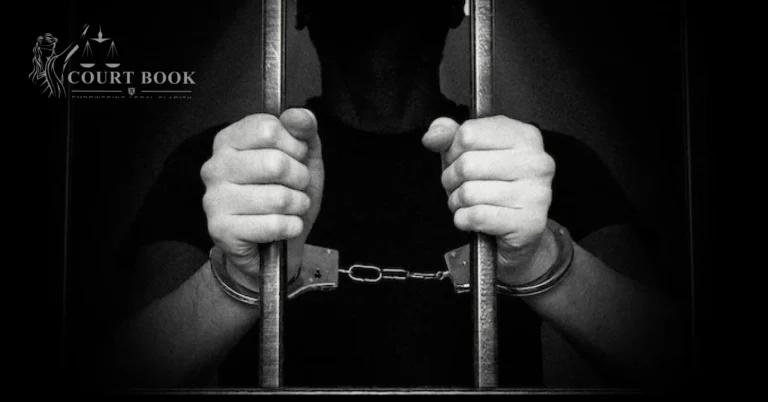In a significant ruling from Lucknow, lawyer Parmanand Gupta has been handed a life sentence for orchestrating false rape cases by exploiting provisions of the Scheduled Castes and Scheduled Tribes (Prevention of Atrocities) Act.
The story came to light during a hearing at the Allahabad High Court, which noticed a series of strikingly similar FIRs filed by a woman named Pooja Rawat. On closer scrutiny, the court ordered a CBI investigation. The probe exposed that Rawat had been pushed into filing these cases at Gupta’s behest. She admitted she worked in a beauty salon run by Gupta’s wife and was persuaded to misuse her caste identity to file complaints against those the lawyer wished to intimidate or extort.
Read also:- Supreme Court Quashes Patna HC Ruling, Upholds SBI's Removal of Employee in Loan Corruption Case
Following the revelations, the Special Judge (SC/ST Act) Vivekanand Sharan Tripathi came down heavily on Gupta, awarding him punishment under multiple sections, including life imprisonment and fines amounting to over ₹5 lakh. Importantly, the court ordered that his sentences must run one after another, ensuring a lengthy incarceration.
The judgment carried a stern reminder about the dangers of abusing protective legislation.
"If advocates like Gupta are allowed to continue in practice, faith in the judiciary will collapse,"
Read also:- Madras High Court Summons ED Officer in Contempt Case Over PMLA Probe Despite Stay
The court remarked, also directing the Bar Council of Uttar Pradesh to take note.
While Rawat was acquitted for cooperating in the investigation, she was cautioned against repeating such misuse. The case underscores how fabricated complaints not only tarnish reputations but also risk weakening laws created to protect the marginalised.














